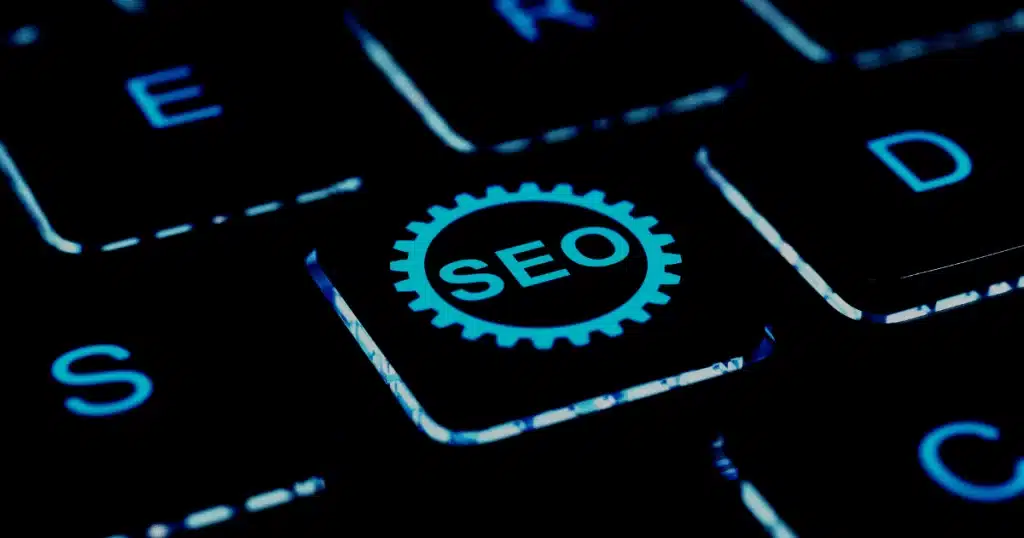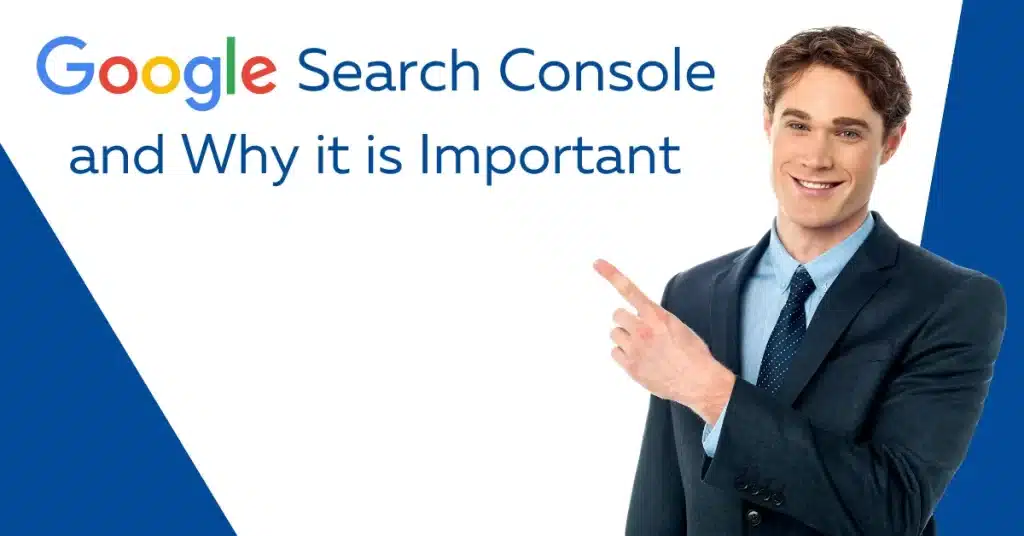Today, we’re releasing a broad core update, as we do several times per year. This update is called the May 2022 core update. Learn more: https://t.co/7kFklwdkAb
— Google Search Central (@googlesearchc) May 25, 2022
In May 2022, Google rolled out an update that will change the way search results are ranked. The update is called “Google May 2022 Update,” and it was rolled out on May 25.
The update will affect how Google ranks websites in its search engine by using a new algorithm that takes into account the speed of a website and its mobile-friendliness. This new algorithm will make it easier for users to find the content they are looking for on their mobile devices. The update is also said to change how Google ranks sites in its index and how it determines which sites are eligible for inclusion.
Google’s New Search Engine Algorithm & How It Will Affect SEO
Google’s new search engine algorithm is designed to provide the most relevant and high-quality content. This means that it will be more difficult for websites to rank well in Google search results if they are not providing high-quality content and are not frequently updated.
In this article, we will take a look at how Google’s new search engine algorithm will affect SEO and what you can do to make sure that your website doesn’t get penalized.
Are there any positive changes that you’ve noticed? Great! You made it through another upgrade (and hopefully are thriving as a result).
Are there any unfavorable alterations that you’ve noticed? If that’s the case, you’re probably wondering what to do next.
When it comes to recovering from core upgrades, Google’s recommendation is usually the same: increase your content.
Google Search Advocate, John Mueller, stated:
“With the core updates, we don’t focus so much on just individual issues, but rather the relevance of the website overall.
John Mueller
And that can include things like the usability and the ads on a page, but it’s essentially the website overall.”
Don’t get bogged down by technical adjustments or making one-off changes like updating title tags when determining how to recover from a core update.
Beginning with content, take a comprehensive approach to improve the website as a whole.
Thanks! It was a good ride! Looking forward to the next one! pic.twitter.com/eWhePqagQp
— Sky Code+SEO (@rainprofits) June 9, 2022
That can be a difficult effort, but it’s not uncommon these days to seek the assistance of AI content creators. However, you should exercise caution before starting down that path.
Google’s Possible Reason Behind the Date of the Update
Google’s update to its search engine is a significant event. It has caused a lot of speculation about what Google’s true motive was for the date of the update.
Google has been accused of manipulating search results to favor its own products, but there might be another reason behind this update. There is speculation that Google may be trying to help out small businesses by giving them more exposure on their search engine.
What This Means for Your Website? How to Prepare for Google May 2022 Update
Google’s recent announcement of the impending update on May 22, 2022, has left many webmasters and site owners wondering what they should do to prepare.
This article will provide a brief overview of what Google’s upcoming update is, how it will affect websites and how site owners can prepare for it. We will also look at some of the most common questions people have been asking about this upcoming update.
Did Google’s Core Update in May 2022 target AI-generated content?
Google’s fundamental upgrades have an impact on all search results to some extent; however, it can be more evident in some areas than others.
It’s too soon to draw any conclusions, but there are indications that websites featuring AI-generated material were particularly heavily impacted.
Here’s an example of a website owner reporting a significant decline in visitors after using an AI content generator:

What Does Google Have to Say About Content Created by AI?
Only when AI-generated content is utilized with the purpose to manipulate search results, according to Google, is it against its standards.
If AI-generated material starts to rank lower after the May 2022 core upgrade, it’s likely that it wasn’t being used in a way that complies with Google’s criteria.
Google may be becoming better at distinguishing between when AI material is used to manipulate results and when it is used to add value.
I recently published the findings of an experiment that indicated AI-generated material performs best when supplemented by human-written content.
For that reason, it’s best not to rely on an AI content generator to the point where it takes the role of human writers.
Is it possible for Google to detect AI-generated content?
A follow-up question concerns Google’s ability to recognize information generated by machine learning tools. Can Google tell the difference between human-written material and machine-written content? Mueller makes no assertions regarding Google automatically detecting AI-written content.
However, if Google’s webspam team discovers it, they are entitled to take action.
“I can’t claim that. But for us, if we see that something is automatically generated, then the webspam team can definitely take action on that.
And I don’t know how the future will evolve there, but I imagine like with any other of these technologies, there will be a little bit of a cat and mouse game, where sometimes people will do something and they get away with it, and then the webspam team catches up and solves that issue on a broader scale.
From our recommendation we still see it as automatically generated content. I think over time maybe this is something that will evolve in that it will become more of a tool for people. Kind of like you would use machine translation as a basis for creating a translated version of a website, but you still work through it manually.
And maybe over time these AI tools will evolve in that direction that you use them to be more efficient in your writing or to make sure that you’re writing in a proper way like the spelling and the grammar checking tools, which are also based on machine learning. But I don’t know what the future brings there.”
John Mueller
Google, according to Mueller, does not take into account how the AI writing tools are used.
He goes on to say that using them in any capacity is considered spam.
“Currently it’s all against the webmaster guidelines. So from our point of view, if we were to run across something like that, if the webspam team were to see it, they would see it as spam.”
John Mueller
See the video below to hear his entire response:
Google’s Social Media Platforms Policy and Why it Matters For Marketers
Google is taking steps to address the issue of fake news and misinformation by banning ads from sites that promote it. The policy applies to Google’s ad network Adsense, which places ads on other publishers’ sites. It also applies to YouTube, the video site owned by Google.
The move has been welcomed by many in the industry who have been calling for a crackdown on misleading or false content on what they see as one of the main causes for the rise of populism across Europe and America.
Google’s algorithms are unable to recognize content generated by language models like GPT-3 automatically. The webspam team may take action if Google identifies automatically created content. Artificial intelligence (AI) can assist content creators in overcoming language and literacy challenges and improving the quality of their work.
Many enterprises, as well as many reputable organizations, use AI writing tools without trouble. However, without the help of human reviewers, Google’s systems may be unable to spot AI-generated content. This begs the question of how Google regards the practical application of these products.
Content authored by computers is deemed automatically generated, regardless of the methods employed to make it. If it is written in a human-readable language, Automatically Generated Content (AGC) is against Google’s Webmaster Guidelines and will not be published on Google’s sites.



